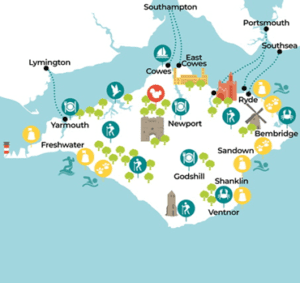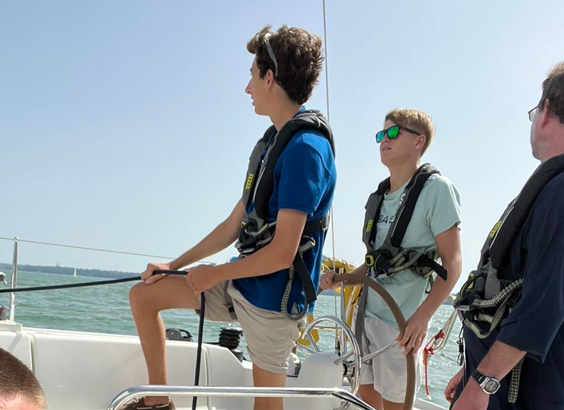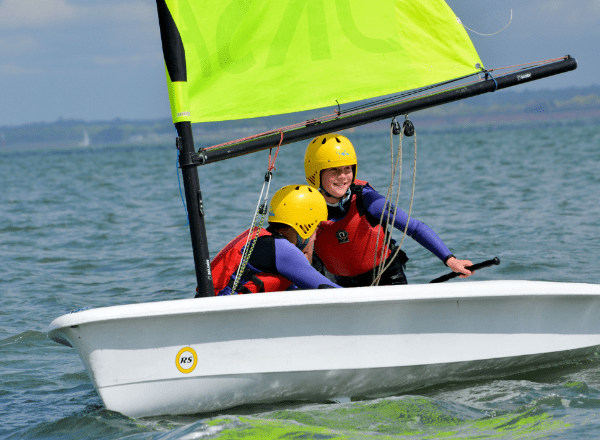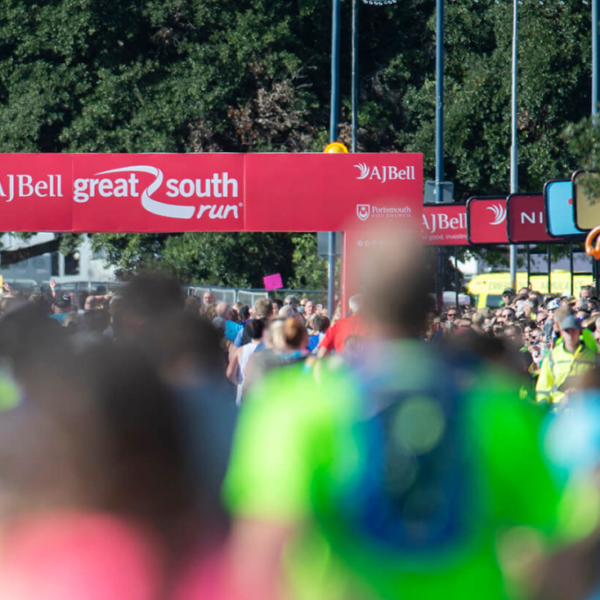Guidance for International Students
Moving to the UK to study can be exciting and challenging in equal measures. There can be so much to figure out and understand, and sometimes it can feel quite overwhelming
On site UKSA’s Welfare Team and the wider staff team can help but here is some information to help with the journey
Geography of the UK
The UK consists of four countries: England, Northern Ireland, Scotland, and Wales. Each of these nations has individual histories and traditions that international students can explore, including different cuisines, accents, politics and traditions.
Located just off the south coast of England, the Isle of Wight is only 2 hours door-to-door from London via ferry or hovercraft, making it the perfect year-round destination to explore with. If you want to discover things to do, accommodation to suit all tastes and budgets, walking and cycling routes, food and drink, plus how to travel around the Island, then look no further.
The Isle of Wight is often called ‘England in miniature’, there’s always plenty to do here whatever the season. Other things going on can be found here what’s on.

British politeness
Even though the UK is made up of different countries, its citizens share many similarities. British people tend to be very polite, have a profound and dry sense of humour and are proud of their heritage.
International students will find that manners are particularly important to British people. Timekeeping, politeness, tolerance and respect all play a significant role in how British people behave. For example, people often say “sorry” before speaking up or making a point. Other examples are holding open the door for people behind you or keeping quietly to yourself on public transport.
Can international students in the UK use the NHS?
If you’re a full-time international student studying in the UK for a period longer than six months, you are eligible to use NHS services.
If you are studying for a period of less than six months, you will not be eligible to use NHS services. If this is the case for you, it’s advised that you take out private health insurance cover during your stay.
How much does it cost to use the NHS as an international student?
To use the NHS as an international student, you will be required to pay an immigration health surcharge (IHS). This cost must be paid as part of your student visa application and cannot be avoided, even if you choose to take out private medical insurance once you arrive.
Once you have paid this, you are eligible to use the following NHS services free of charge:
- A&E (accident and emergency) services
• NHS hospital treatment
• GP services
• Sexual health, family planning and contraceptive services
• Diagnosis and treatment of certain infectious diseases
• Treatment of any conditions caused by domestic violence or sexual violence
• Some palliative care services
• Psychiatric treatment or treatment that has been ordered by a court
• Covid-19 tests and treatment, as well as vaccination against Covid-19.
If a doctor prescribes a medicine to you, you can get this sent to a local pharmacy for collection.
The cost of that prescription depends on where in the UK you are registered.
In England, prescriptions cost £9.65 per item unless you are under 19 and in full-time education, over 60 or pregnant. If you fall into any of these categories, your prescription will be free.
Prescription costs are paid upon collection of the medicine at your local pharmacy.
How do I register for the NHS and get an NHS number?
Though you will have already paid your immigrant health surcharge as part of your student visa, once you arrive in the UK, you will need to register with a general practitioner (GP) at a local doctor’s surgery or medical centre before you can access NHS services.
You will receive an NHS number when you register with a GP. When you register, make sure to ask to be added to the list of National Health Service (NHS) patients.
It is advisable to register with a GP as soon as you arrive; don’t wait until you fall ill.
To register with a GP, you will need to visit your local doctor’s surgery, clinic or medical centre during consulting hours with the following documents:
- A letter proving your enrolment to the institution
• Your passport
• Any further immigration or visa documents.
The closest GP Surgery to UKSA is Cowes Medical https://www.cowesmedicalcentre.co.uk/ .
The nearest pharmacies are at Cowes Medical Centre and Day Lewis https://www.daylewis.co.uk/ Center. https://www.cowesmedicalcentre.co.uk/ .
Most GP surgeries will have female and male doctors. You can state whether you would prefer to see a male or female doctor when booking any future GP appointments. Depending on what you are booking an appointment for, you might also be booked in with a practice nurse, who can treat and advise on a range of minor illnesses.
Is my NHS number the same as my National Insurance (NI) number?
International students might get confused between their NHS number and their National Insurance number. They are different.
Your NHS number is given to you once you register with a GP and is used to prove that you are eligible for NHS services in the UK.
Your National Insurance number has nothing to do with accessing health services. Instead, this number is used for administration around national insurance fees, benefits, employment and taxes.
Are dental care and eyecare free on the NHS?
It is possible to access some dental services through the NHS but waiting lists can be extremely long and lots of dental practices will not accept NHS patients.
If a local dentist practice is accepting NHS patients, they will usually ask for your NHS number and contact your GP to check the care you are entitled to.
Even if you are entitled to dental care through the NHS, you might still have to pay for some dental procedures or services. In an emergency you can contact https://damiradental.co.uk/location/east-cowes/ which is located just across the river from UKSA.
Eyecare is provided by opticians who are separate from GP surgeries and often operate from high-street shops such as Specsavers or pharmacies such as Boots.
You will normally have to pay a minimum charge of about £20-£25 for an eye test on the NHS in England. If you need glasses or contact lenses, the optician will give you a prescription, which you pay for yourself. Beyond that, the cost of frames and lenses varies considerably (alongside your budget and taste).
Student travel
The UK has many options when it comes to travel. Anyone in the UK between the ages of 16 and 25 can buy a 16-25 Railcard, which reduces the cost of train tickets by one-third of the purchase price. Depending on the length of time you will spend in the UK, this can be purchased as a one-year (£30) or a three-year (£70) card.
There is also a 26-30 railcard for older students. For discounted travel on buses and timetables for the Island https://www.islandbuses.info/plan-your-journey. For discounted Red Jet Tickets ask UKSA Reception Team.
Latest posts







